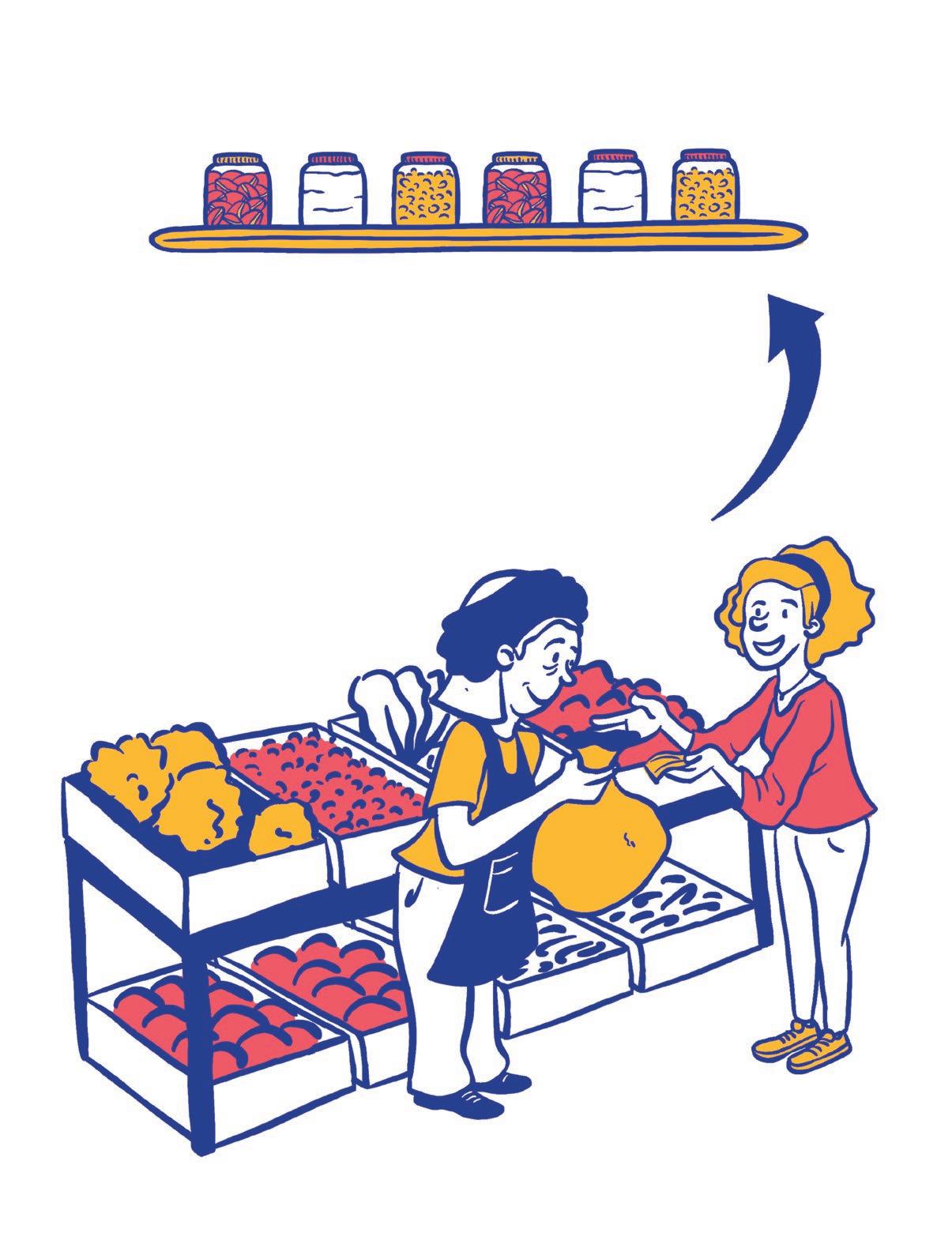
2 minute read
VOICES West Bank: A Food Processing Factory That Empowers Women
VOICES OF YOUNG ENTREPRENEURS IN THE MENA REGION
WEST BANK: A Food Processing Factory That Empowers Women
Haneen is the founder and chief executive officer (CEO) of a food processing factory. Haneen graduated from Bethlehem University with an undergraduate degree in psychology but struggled to find the right job in her sector. She accepted a modest job at a local telecommunication firm, but she felt unproductive working in a sector in which her skills were going to waste. Haneen started to explore the idea of launching a factory to produce highquality homemade organic products. Initially, Haneen sold her products to extended family, friends, and neighbors. Not long after, she expanded her sales to festivals, exhibitions, and a few local mini markets. Through these small steps, Haneen’s business took off.
Each year, Haneen’s factory produces about 1,500 different types of jarred makdos (stuffed eggplant); 1,500 jars of labneh (traditional processed yogurt with olive oil); 1,800 jars of shatta (traditional Mediterranean hot sauce); and 1,000 jars of stuffed olives. Haneen intentionally buys raw materials from female suppliers and farmers living in the rural West Bank. She works with a network of about 100 local female suppliers and small farmers operating in the informal sector. Through these relationships, Haneen provides her suppliers with financial security. She employs 15 people at the factory, a combination of part-time and full-time workers, mainly women between the ages of 18 and 45. Haneen sells her products through a network of retailers across the West Bank, and recently she started to export to Doha, Qatar, through local representatives.
Haneen points to several challenges through her entrepreneurial journey. Beyond the political situation, there are many costs related to registering a business and obtaining a health license for food processing machinery. Haneen says that the process of applying for and receiving proper business licensing is lengthy and complex, requiring interactions with several ministries such as health, economy, and agriculture. Haneen has identified a lack of funding with reasonable interest as a major limitation for small and medium-size enterprises’ growth in West Bank. Haneen believes the Palestinian Authority can help by bringing experts from overseas to provide small businesses with quality assurance training and other knowledge, tools, and resources and also facilitate export capabilities to the Gulf (Kuwait, Qatar, Saudi Arabia, and the United Arab Emirates).
Over the years, many men have questioned Haneen’s personal competency and skills as an entrepreneur simply because she is a woman. Her advice to other woman entrepreneurs in the region is clear: “There is no magical way to overcome challenges in Palestine. Women entrepreneurs need to innovate and persist. It’s not easy to become an entrepreneur in Palestine, especially as a woman, but it is possible.”









